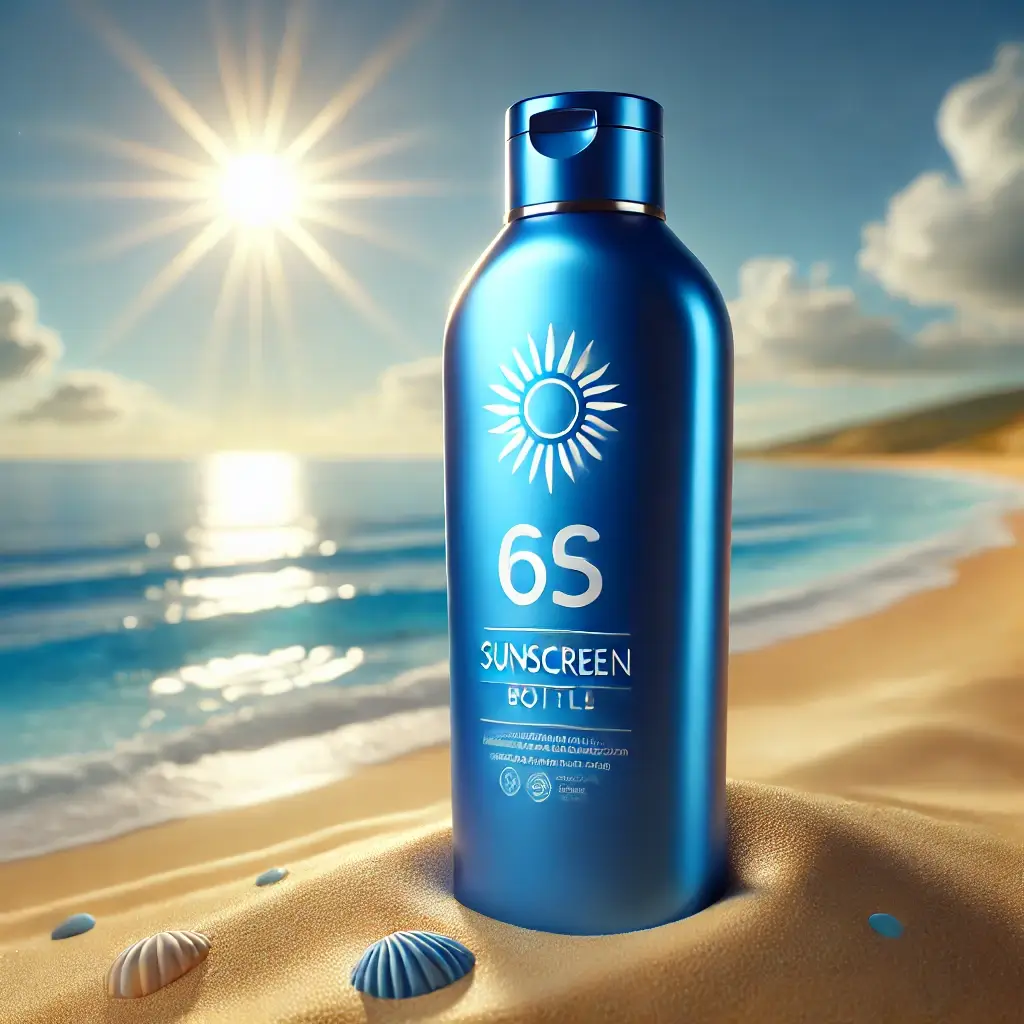The Ultimate Guide to Choosing the Right Sunscreen: 5 Essential Tips for Optimal Protection
When it comes to skincare, sunscreen is non-negotiable. However, with so many options on the market, selecting the right sunscreen can be overwhelming. From understanding SPF to choosing between mineral and chemical formulations, the decisions you make can significantly impact your skin’s health. This guide will walk you through the most important factors to consider, ensuring your skin remains protected and radiant year-round.
Understanding SPF: What It Really Means
SPF, or Sun Protection Factor, is a term that is often misunderstood. Many believe that a higher SPF offers exponentially better protection, but this isn’t entirely accurate. SPF 30, for example, blocks approximately 97% of UVB rays, while SPF 50 blocks around 98%. The difference is minimal, yet many people are drawn to higher numbers under the false impression that it offers double the protection.
However, what matters most is reapplication. No sunscreen can provide all-day protection. Regardless of the SPF level, sunscreen should be reapplied every two hours, or immediately after swimming or sweating, to maintain its effectiveness.
Mineral vs. Chemical Sunscreen: Which Is Better?
The debate between mineral and chemical sunscreens continues to be a hot topic in skincare. Mineral sunscreens, which include ingredients like zinc oxide and titanium dioxide, sit on top of the skin and reflect UV rays. They are often recommended for sensitive skin due to their gentle nature.
On the other hand, chemical sunscreens absorb into the skin and convert UV rays into heat, which is then released from the body. While effective, some chemical filters can cause irritation or allergic reactions, especially in sensitive skin types.
Choosing between mineral and chemical sunscreens ultimately depends on your skin type and personal preferences. For those with sensitive skin, mineral sunscreens are generally the safer bet. However, if you’re looking for a more lightweight option that absorbs quickly, a chemical sunscreen might be more suitable.
Broad-Spectrum Protection: Why It’s Non-Negotiable
One of the most crucial features of any sunscreen is its ability to offer broad-spectrum protection. This means that the product protects against both UVA and UVB rays. UVA rays penetrate the skin more deeply and are primarily responsible for premature aging and wrinkles, while UVB rays cause sunburn and play a significant role in developing skin cancer.
When choosing a sunscreen, always check for “broad-spectrum” on the label to ensure comprehensive protection against both types of harmful rays. This small step can make a significant difference in your skin’s long-term health and appearance.
Water Resistance: A Must for Active Lifestyles
If you plan to spend time swimming, sweating, or engaging in any outdoor activities, water-resistant sunscreen is a must. However, it’s important to understand that no sunscreen is completely waterproof. Water-resistant sunscreens are rated for either 40 or 80 minutes of effectiveness while swimming or sweating. After this time, reapplication is necessary to maintain protection.
For those with an active lifestyle, opting for a water-resistant formula is essential to avoid sunburn and skin damage during activities. Remember, even on overcast days, UV rays can penetrate through clouds, making sunscreen an everyday necessity.
The Importance of Daily Use: Sunscreen Beyond the Beach
Many people reserve sunscreen for beach days or outdoor activities, but sun protection is vital every day, regardless of the weather. UVA rays can penetrate windows and clouds, meaning your skin is exposed to potential damage even indoors or on cloudy days.
Incorporating sunscreen into your daily skincare routine is one of the best ways to prevent premature aging, dark spots, and reduce the risk of skin cancer. Consider products that combine moisturizing properties with SPF for a more streamlined routine. And remember, your neck, ears, and hands are often neglected areas that deserve just as much attention as your face.
Choosing the right sunscreen doesn’t have to be a daunting task. By understanding the key factors such as SPF, the difference between mineral and chemical sunscreens, the importance of broad-spectrum protection, and the necessity of water resistance, you can make an informed decision that keeps your skin safe and healthy. Don’t forget—sunscreen is an everyday essential, not just a beach-day accessory. Protecting your skin today ensures a radiant and youthful appearance for years to come.
Don’t Forget to Check our other Skincare Articles from the BLOG section !

